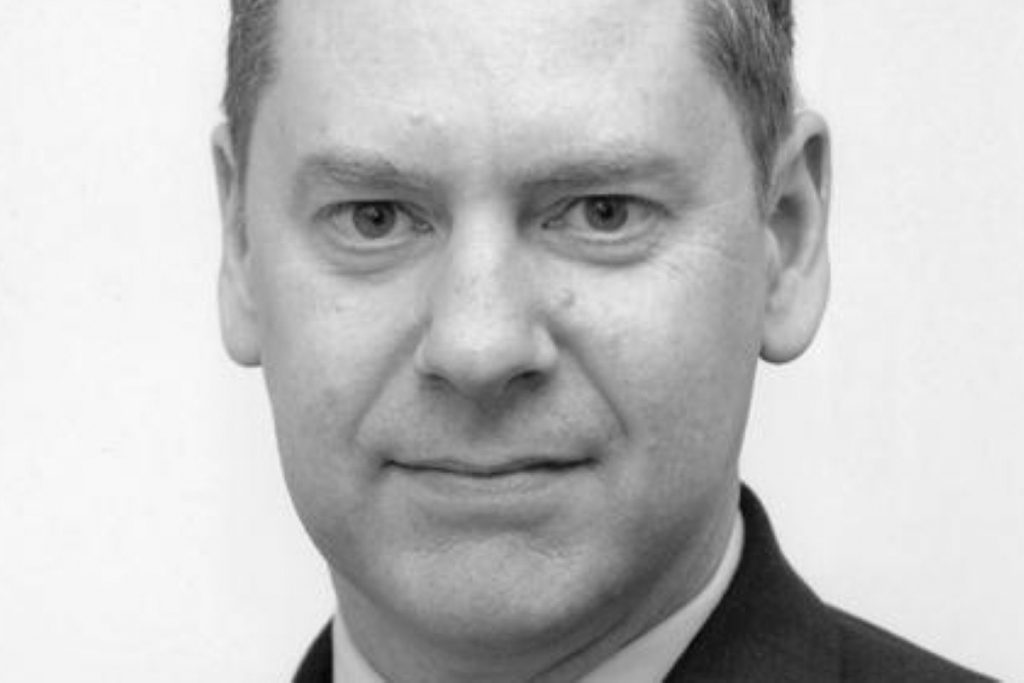MI5 breaks its silence
By Ian Dunt
The head of MI5 has been pushed into an unprecedented intervention in the continuing row over British collusion in torture.
Jonathan Evans, the director-general of MI5, hit back at the “conspiracy theory” that MI5 had anything to do with torture.
The comments come just days after a letter to Lord Neuberger, the master of the rolls, from the government’s QC in the Binyam Mohamed case which objected to a fierce draft judgement from him.


While the draft judgement remains secret, the letter from the QC revealed that Lord Neuberger accused MI5 of collusion on torture practises abroad, failing to respect human rights or denounce torture, and lying to parliament about what it knew.
“It is rare that the intelligence services comment in public, but some of the recent reporting on the supposed activities and culture of MI5 has been so far from the truth that it couldn’t be left unchallenged,” Mr Evans wrote in the Daily Telegraph.
“There have also been a series of allegations that MI5 has been trying to ‘cover up’ its activities. That is the opposite of the truth.
“We did not practise mistreatment or torture then and do not do so now, nor do we collude in torture or encourage others to torture on our behalf.”
At one point Mr Evans appears to suggest that the continued controversy hands terrorist groups a propaganda victory over the UK.
“For their part, our enemies will also seek to use all tools at their disposal to attack us,” he writes.
“That means not just bombs, bullets and aircraft but also propaganda and campaigns to undermine our will and ability to confront them. Their freedom to voice extremist views is part of the price we pay for living in a democracy, and it is a price worth paying because in the long term, our democracy underpins our security.
“But we would do well to maintain a fair and balanced view of events as they unfold and avoid falling into conspiracy theory and caricature.”
Mr Evans also tackles the most serious allegations – that MI5 deliberately misled parliament’s intelligence and security committee (ISC).
“We cooperate willingly with the intelligence and security committee so that it can fulfil its oversight role, which we support and which benefits the service,” he said.
“Sometimes the ISC draws attention in its reports to aspects of our work that it believes fall short of what it, and through it the public, might expect. That is right and proper in a democratic system.
“One shortfall it highlighted in 2005 and again in 2007 was that the British intelligence community was slow to detect the emerging pattern of US mistreatment of detainees after September 11, a criticism that I accept.”
Home secretary Alan Johnson launched his own bitter attack today, describing some of the accusations as “a ludicrous lie”.
Mr Johnson was responding to allegations that the purported American disappointment at the release of the seven paragraphs was in fact a favour to the British to justify UK opposition to the judgement.
“That is such a ludicrous lie but it was one of many parading in the newspapers yesterday,” he told the BBC.
“It’s a free society, and that’s actually what the security services are out there to protect.
“But occasionally they have to actually argue back. They can’t allow that kind of misrepresentation to carry on un-thwarted.
He added: “The security services in our country do not practice out torture.
“They do not endorse torture, they do not encourage others to torture on our behalf, they do not collude in torture, full stop.”
A joint statement from ISC chairman Kim Howells and Michael Mates, the most senior Conservative MP on the committee, said: “The director-general has confirmed to us this evening that no document concerning Binyam Mohamed and his treatment by the US authorities has been withheld from us.”
But the onslaught of defensive statements from the establishment did little to water down the concerns of activists and opposition parties.
Speaking to the Daily Politics today, chairman of the influential home affairs committee Keith Vaz said he was horrified at the revelations concerning Lord Neuberger’s judgement.
“I’m astonished that counsel for the foreign secretary should be able to write to a supreme court judge, asking that judge to remove paragraphs – and then that the judge removed those paragraphs,” he said.
“I have written again to the home secretary to ask that we know exactly what’s happening.”
Meanwhile, Liberal Democrat leader Nick Clegg suggested there may have been a cover-up at the heart of government.
“We must know who in Britain knew the US had changed the rules on torture, when they knew and what action they took,” he said this afternoon.
“We can only conclude that the security services either kept the information to themselves, or they informed ministers who failed to act immediately. Both of these would suggest at best a cover-up and at worst collusion in torture.
“Knowledge of Britain’s potential complicity in torture looks likely to have gone to the very top of government. Miliband and Johnson may be trying to distance themselves, but there are serious questions to answer for those who were in charge at the time America changed the rules.”
The ensuing controversy comes after a court of appeal judgement on Wednesday, which saw seven previously secret paragraphs of intelligence relating to British awareness of Binyam Mohamed’s treatment made public.
Mr Mohamed was deprived of sleep and then threatened as part of his US interrogation in Pakistan, the paragraphs confirmed, but they did not relate to some Mr Mohamed’s more serious allegations, including one that his genitals were mutilated.









